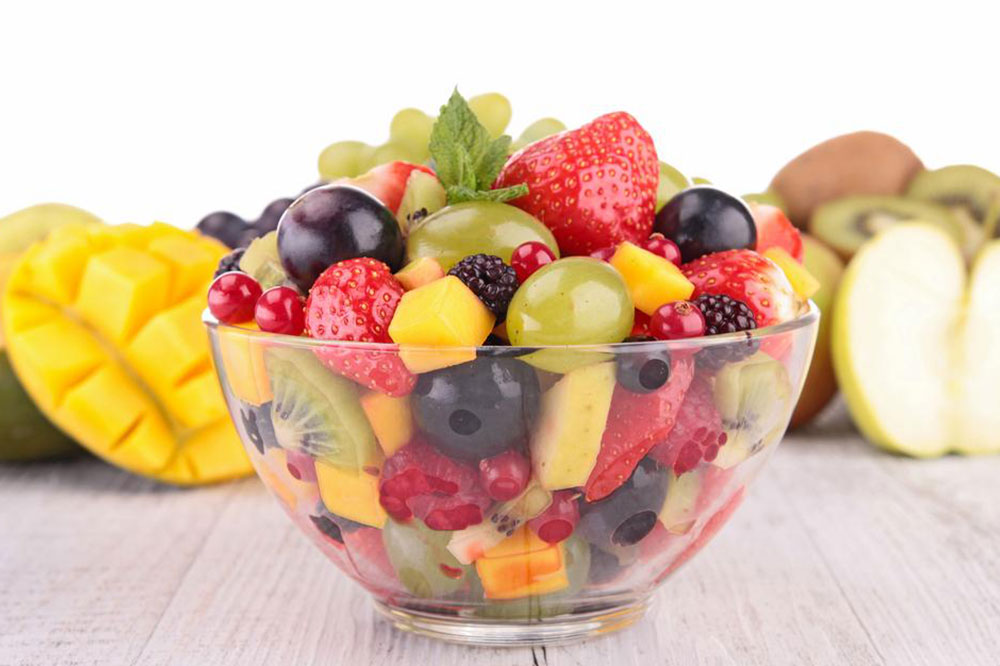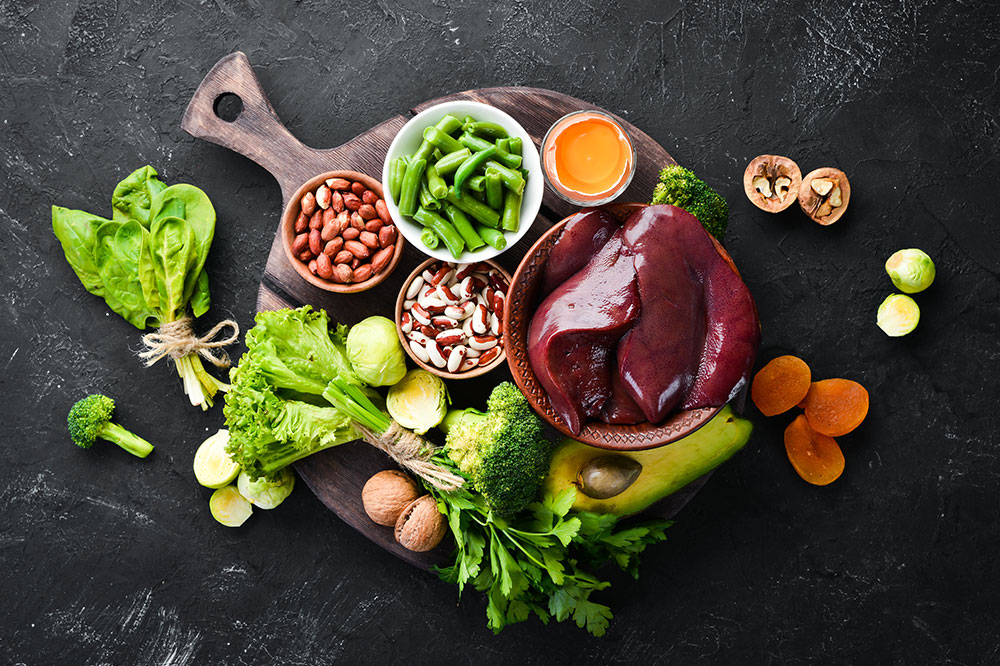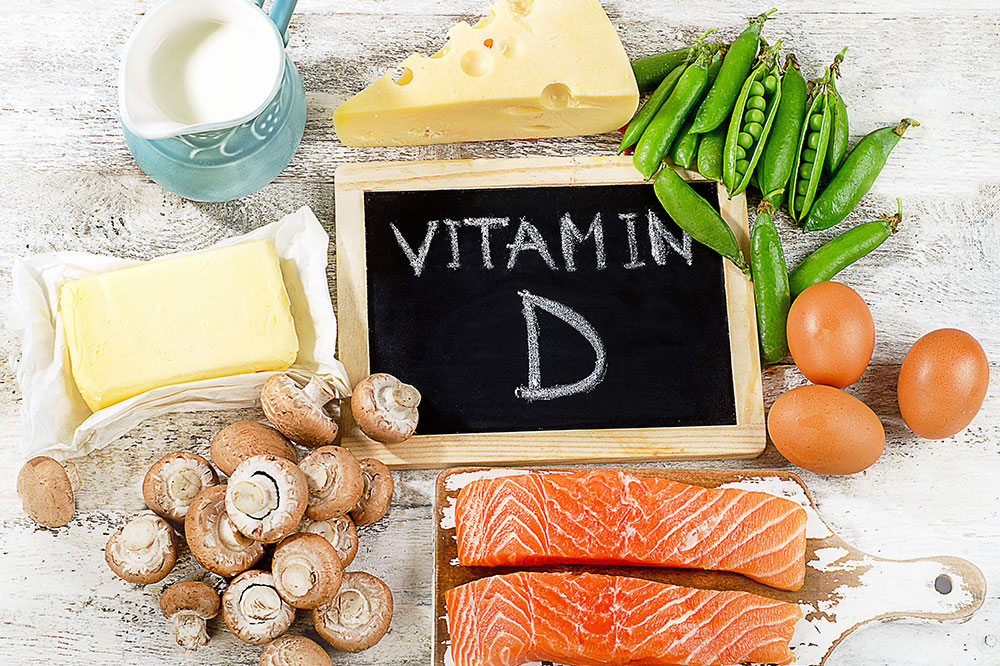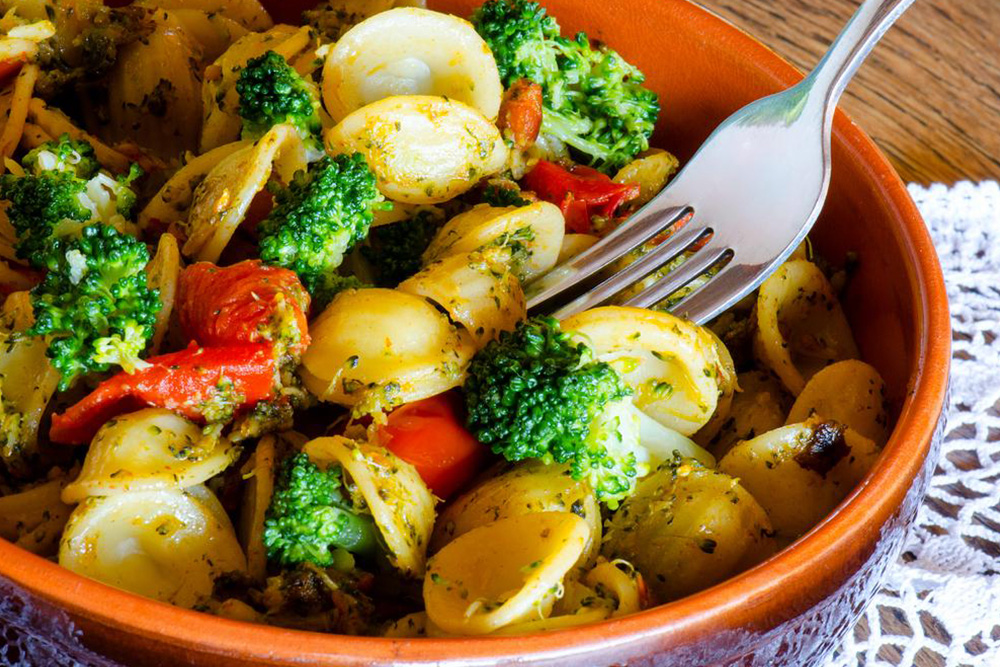Comprehensive Nutritional Approaches to Enhance Chronic Myeloid Leukemia Care
This article provides an in-depth guide on nutritional strategies to support chronic myeloid leukemia (CML) management. It emphasizes the importance of a balanced diet, highlighting the role of vegetables and fruits, safe food practices during treatment, and avoiding certain risky foods. The guidance aims to help patients strengthen their immune system, reduce side effects, and improve overall well-being alongside their medical regimen. Key points include meal planning tips, food safety precautions, and lifestyle considerations for those managing CML altogether.

Comprehensive Nutritional Approaches to Enhance Chronic Myeloid Leukemia Care
Chronic myeloid leukemia (CML) is a specific type of blood cancer that originates within the bone marrow, predominantly impacting older adults. This disease results from spontaneous genetic mutations involving chromosomes, leading to abnormal growth of white blood cells. While standard medical treatments such as chemotherapy, targeted therapies, stem cell transplants, and biological agents are crucial in managing CML, emerging research indicates that diet and nutritional habits can significantly influence disease symptoms and patient well-being. Integrating tailored nutritional strategies into the overall care plan can potentially improve immune function, reduce treatment side effects, and support overall health during disease management.
Understanding the importance of nutrition in leukemia management requires a multi-faceted approach focusing on immune support, digestive health, and avoidance of foods that could exacerbate symptoms or impair recovery. Below, we explore detailed dietary recommendations that can help individuals living with CML optimize their nutritional intake and enhance their quality of life.
Prioritize Vegetable Intake for Optimal Health
Including a variety of vegetables in your daily diet is fundamental for supplying essential vitamins, minerals, fiber, and antioxidants that support immune function and cellular health. Steamed vegetables such as broccoli, carrots, spinach, and peppers are excellent choices because cooking methods like steaming help retain their nutrient content while making them easier to digest. Vegetables like kale, collard greens, and Swiss chard, when prepared as soups or purees, can provide an easily absorbable source of vital nutrients.
Incorporate colorful stir-fries with fresh vegetables, and consider adding herbs and spices such as turmeric or ginger, which possess anti-inflammatory properties. Vegetable juices made from leafy greens with minimal sodium also serve as quick, nutrient-rich beverages. These foods collectively encourage a robust immune response and can help combat fatigue or weakness often associated with leukemia treatments.
Enhance Fruit Consumption for Antioxidant Support
Fruits are nutritional powerhouses packed with antioxidants, vitamins, phytochemicals, and fiber—all critical for maintaining immune health and combating oxidative stress. Aim for an intake of 5 to 10 servings of fresh fruit daily. This can include berries, apples, oranges, kiwis, and melons, which are versatile in their culinary uses. Adding fruits to breakfast cereals, yogurt, smoothies, fruit salads, or even incorporating them into desserts can help meet daily nutrient requirements.
Fruits like berries contain high levels of antioxidants such as vitamin C and flavonoids, which may support immune defenses during illness or treatment. Remember to wash fruits thoroughly or peel them to reduce the risk of contamination, especially considering the immune-compromised state of CML patients.
Opt for Gentle, Easily Digestible Foods During Treatment Phases
Chemotherapy can induce side effects such as nausea, stomatitis, or digestive discomfort, making careful food selection essential. During these times, focus on bland, cooling, and easily digestible foods that soothe the stomach and reduce irritation. Good options include plain crackers, ginger ale, herbal teas like chamomile, unsweetened popsicles, and clear broths. These foods can help maintain hydration and provide comfort without aggravating nausea.
Steer clear of spicy, greasy, or heavily caffeinated foods that may worsen symptoms. Small, frequent meals are often better tolerated than large ones. Incorporating ginger into tea or meals may also aid in nausea relief, thanks to its well-known antiemetic properties.
Avoid Raw and Undercooked Foods to Reduce Infection Risk
Since treatment can impact the immune system by lowering white blood cell counts, it becomes crucial to avoid raw or undercooked foods that pose a risk of bacterial or parasitic infections. This includes unwashed vegetables and fruits unless they are thoroughly cleaned or have thick peels like bananas or oranges. Additionally, raw seafood such as sushi, undercooked meats, eggs, deli meats, and salad bar items should be avoided during active treatment or periods of immune suppression.
Cooking foods to the proper internal temperature effectively kills pathogens and renders foods safe for consumption. Pay close attention to hygiene practices such as washing produce with clean water and proper food handling to minimize infection risks.
Limit Intake of Soft Cheeses and Similar Dairy Products
Soft or mold-ripened cheeses—including Brie, Camembert, Roquefort, Stilton, and Gorgonzola—may harbor listeria or other bacteria that can cause infections in immunocompromised individuals. During CML treatment, it is advisable to avoid or limit these cheeses to prevent complications or prolonged illness. Instead, opt for hard cheeses or pasteurized dairy options if cheese consumption is desired.
Maintaining food safety and hygiene standards is pivotal to reducing infection risks. Also, always consult with your healthcare provider or dietitian to tailor dietary choices appropriately during all phases of leukemia treatment.
Additional Nutritional Considerations and Lifestyle Tips
Beyond the specific recommendations above, maintaining a balanced diet rich in lean proteins, whole grains, healthy fats, and adequate hydration is essential. Regular physical activity, adequate sleep, and stress management can complement nutritional strategies in supporting overall health. For personalized plans, consulting a registered dietitian experienced in oncology nutrition can provide tailored guidance specific to your treatment regimen and health status.
Conclusion
Managing chronic myeloid leukemia involves a comprehensive approach that extends beyond conventional medical treatments. Proper nutrition plays a pivotal role in supporting immune function, reducing side effects, and enhancing quality of life. By focusing on a diet rich in vegetables and fruits, avoiding raw and risky foods, and choosing gentle, nourishing options during treatment, patients can better navigate their health journey. Remember to work closely with healthcare professionals to develop an individualized nutrition plan that aligns with your treatment and recovery goals.





